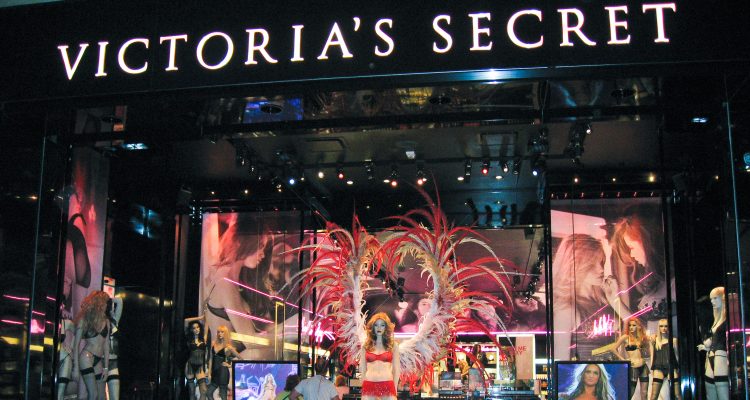With Transgender Awareness Month in full swing, Ed-Board decided to highlight the derogatory comments made by Victoria’s Secret representatives. On Nov. 8, Vogue Magazine published an article speaking on the cultural shift – or, lack thereof – for the Victoria’s Secret Fashion Show. Although this year’s show of 19 models showcased an increase in ethnic diversity, they fell short when including other marginalized groups of people, such as plus-sized, disabled and trans models. Vogue interviewed chief marketing officer of L Brands, Ed Razek. Upon being asked whether Victoria’s Secret will adapt to shifting needs of the “Instagram Generation,” Razek said, “Shouldn’t you have transsexuals in the show? No. No, I don’t think we should. Well, why not? Because the show is a fantasy. It’s a 42-minute entertainment special. That’s what it is.” According to Vogue, in 2013, over 50,000 people signed a petition urging Victoria’s Secret casting directors to consider transgender model Carmen Carrera; that petition went ignored by the brand.
Additionally, on Nov. 12, Vogue published another article that discussed the lack of inclusion shown by Victoria’s Secret. In the Spring 2019 season, disabled model Madeline Stuart was featured on the cover for Teen Vogue Magazine and said that she dreams of one day becoming the first Victoria’s Secret model with down syndrome. According to Vogue, her comments went ignored.
By not including plus-sized women, Victoria’s Secret is saying that plus-sized women are not beautiful enough to be in a fantasy. By not including trans models, Victoria’s Secret is saying that trans women are not beautiful enough to be in a fantasy. By not allowing disabled people to walk down the runway, Victoria’s Secret is saying that they are not beautiful enough to be in a fantasy. This is not okay. Lingerie companies should be promoting the beauty of all people regardless of race, sexuality, disability, or body size. All people are beautiful, and it’s unsettling that Victoria’s Secret is not representing or supporting the beauty of everyone – rather, they’re doing the opposite.
Rihanna’s lingerie line, Savage x Fenty, embraces inclusivity by offering women’s sizes from extra-small to 3X. Aerie launched a campaign that featured lingerie models with disabilities. Teen Vogue wrote an article entitled, “8 Transgender-Friendly Lingerie Brands to Support Instead of Victoria’s Secret.” There are lingerie companies that support marginalized groups by showcasing their beauty. Victoria’s Secret does not. If you support Victoria’s Secret, you support a negative stigma toward plus-sized people, the exclusion of disabled people and transphobia. There are countless other organizations you can support who value the beauty of all persons, rather than a narrow-minded view of what models should look like. Victoria’s Secret needs to step up or step down, because other inclusive lingerie companies are gaining support, and it’s only a matter of time before they dominate the narrow-minded CEOs of Victoria’s Secret.


Leave a Reply